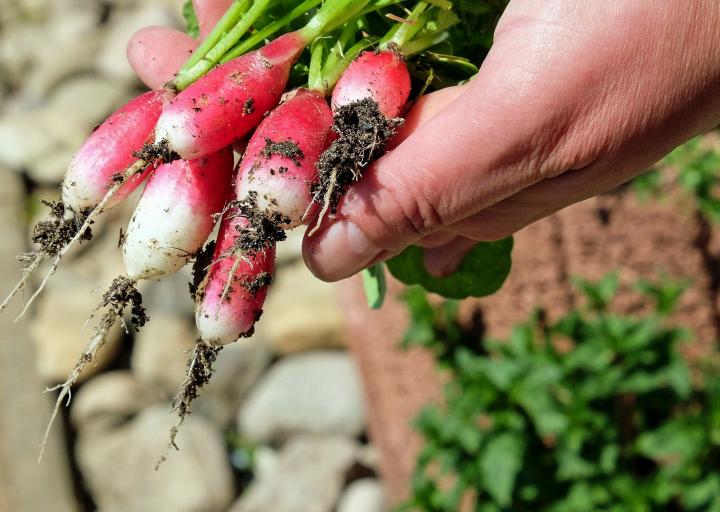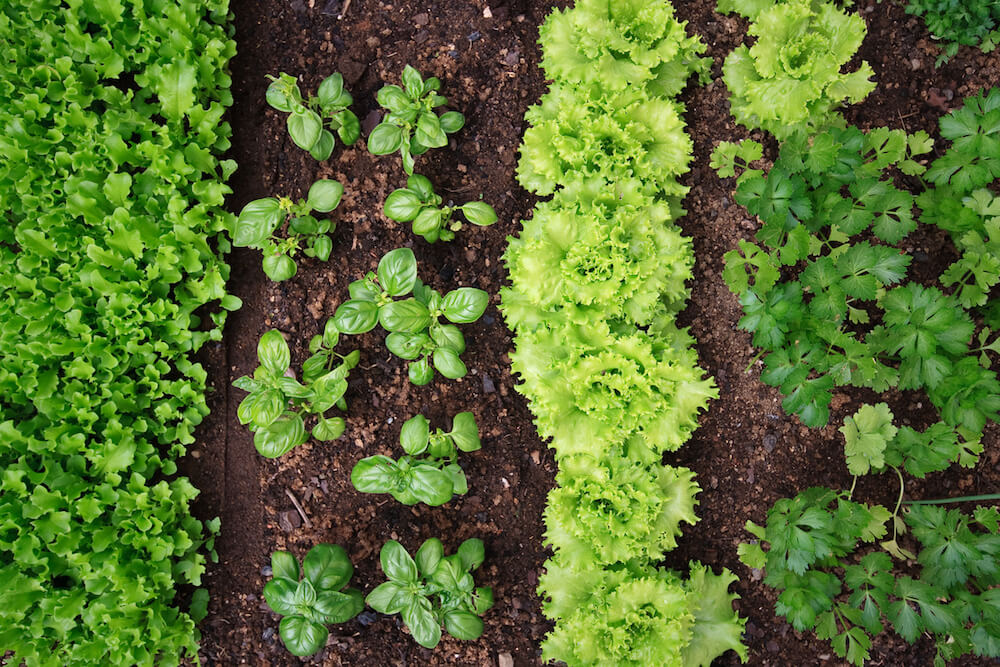Picking Wisely: The Ultimate List of Best Fertilizers for Peppers
Nourishing Your Peppers to Perfection: Untangling the Secrets Behind the Finest Plant Foods for Optimum Plant Health And Wellness
In this short article, we'll discover the tricks behind the finest fertilizers to achieve optimal plant health and wellness. From recognizing the relevance of dirt nutrients to understanding the application strategies, we'll lead you every action of the means. Whether you favor artificial or natural plant foods, we've got you covered.
Significance of Soil Nutrients

One of the most important dirt nutrients is nitrogen. Without sufficient nitrogen, plants will have yellowing fallen leaves and reduced total vigor.
Phosphorus is another essential nutrient for plant growth. It plays a vital function in power transfer and is required for the growth of solid roots and flowers. Phosphorus shortage can bring about bad root growth and reduced flowering, inevitably influencing plant return.
Potassium is vital for regulating water uptake and improving plant resistance to pests and illness. It likewise adds to the overall quality and preference of the plants. A lack of potassium can lead to weak stems, inadequate fruit development, and raised vulnerability to conditions.
Along with these main nutrients, plants additionally require additional nutrients like calcium, sulfur, and magnesium, along with trace elements like iron, manganese, and zinc. Each nutrient has a particular function in plant development and growth, and a shortage in any of them can have damaging results on plant wellness.
Comprehending NPK Ratios

The NPK proportion is a depiction of the proportion of these three nutrients in a fertilizer. A plant food with an NPK proportion of 10-10-10 includes equal quantities of potassium, phosphorus, and nitrogen. Since different plants have various nutrient requirements, understanding these proportions is important. For peppers, a balanced NPK proportion like 10-10-10 or 14-14-14 is generally advised.
However, it is essential to note that the precise NPK proportion needed might vary depending on variables such as dirt kind, environment, and particular plant needs. Performing a dirt examination can aid identify the nutrient shortages or excesses in your dirt and guide you in picking the right plant food with the ideal NPK ratio.
Organic Vs. Synthetic Fertilizers
You regularly run into the debate in between natural and artificial fertilizers when it comes to beneficial your peppers for optimum plant wellness. Organic plant foods likewise enhance soil structure and fertility, advertising beneficial microbial activity.
On the other hand, artificial plant foods are produced chemically and offer nutrients in a readily offered form. They are made to supply nutrients promptly, which can be helpful in specific situations, such as correcting extreme nutrient shortages. Artificial fertilizers can additionally lead to nutrition inequalities and soil degradation if made use of excessively or poorly. They may additionally contribute to water pollution otherwise used sensibly.
Ultimately, the selection between organic and artificial plant foods depends on your details requirements and preferences. Organic fertilizers use long-lasting soil health advantages and are much more lasting in the future, however they might not supply immediate outcomes. Artificial fertilizers, on the various other hand, can deliver quick nutrients yet might have negative environmental influences. It is very important to meticulously think about these variables and choose click this the fertilizer that finest matches your goals and values.
Ideal Fertilizer Application Techniques
Continuing the discussion on organic and synthetic plant foods, let's check out one of the most reliable strategies for using plant foods to your peppers. Appropriate plant food application is essential for making the most of plant health and yield. The very first step is to identify the nutrient demands of your peppers. Conduct a soil test to identify any kind of shortages or inequalities in the soil. This will certainly help you choose the best fertilizer and application rate.
For granular fertilizers, transmitted them uniformly over the soil surface. After spreading, lightly rake the fertilizer right into the leading layer of soil to avoid drainage and rise absorption.
Foliar splashing entails spraying the plant food directly onto the leaves. When making use of the watering system, water down the fluid fertilizer according to the maker's guidelines and use it equally to the soil.
Keep in mind to adhere to the recommended application prices to prevent over-fertilization, which can harm your peppers. Regular tracking and adjusting of plant food application is essential throughout the growing season. By using fertilizers properly, you can provide your peppers with the crucial nutrients they need for healthy growth and plentiful harvest.
Supplementing With Trace Elements
To ensure optimal crop health and wellness and return, it is essential to supplement your peppers with vital trace elements. Micronutrients are important for the general development and growth of your plants, as they play an essential function in different physical procedures. These nutrients are required in small quantities, but their absence can badly influence the wellness and performance of your pepper plants.
One of the most essential micronutrients for peppers is iron. Iron is vital for chlorophyll synthesis, which is accountable for the environment-friendly shade in plants. Without enough iron, your pepper plants may establish yellow leaves, stunted growth, and decreased fruit production. You can supply your peppers with iron via foliar sprays or dirt applications of iron chelates, which are readily click over here now available in garden facilities.
Another micronutrient that plays an important role in pepper development is zinc. You can provide your peppers with zinc through the use of zinc sulfate or zinc chelates, either as a foliar spray or soil application.
Along with iron and zinc, various other crucial trace elements for peppers include manganese, copper, boron, and molybdenum. These micronutrients are entailed in numerous metabolic procedures and are needed for ideal pepper development and performance. best fertilizers for peppers. It is necessary to routinely check the nutrient levels in your dirt and plants, and make adjustments as necessary to ensure your peppers receive the essential micronutrients for healthy and balanced growth and plentiful returns
Conclusion
In conclusion, selecting the appropriate plant food and using it correctly is important for the health and wellness and performance of your pepper plants. Understanding the significance of dirt nutrients, NPK proportions, and the distinctions in between artificial and natural plant click this link foods is key.
On the other hand, synthetic fertilizers are made chemically and give nutrients in a conveniently available form. Synthetic plant foods can additionally lead to vitamins and mineral discrepancies and soil destruction if made use of exceedingly or incorrectly.Continuing the discussion on natural and artificial fertilizers, let's explore the most reliable strategies for applying fertilizers to your peppers. By using plant foods properly, you can supply your peppers with the vital nutrients they need for healthy and balanced development and plentiful harvest.
Understanding the relevance of dirt nutrients, NPK ratios, and the distinctions between natural and artificial fertilizers is key.